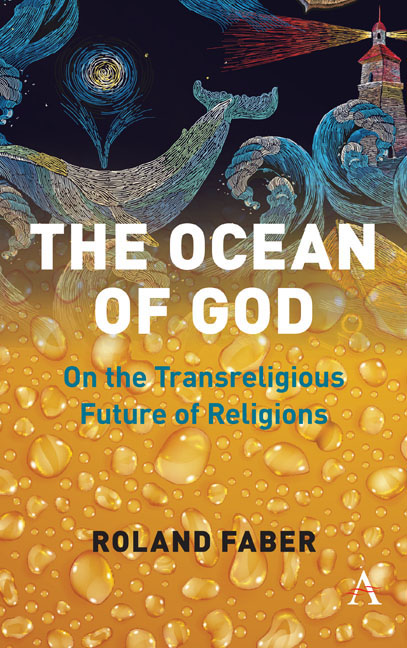Summary
Would ye hasten towards a mere pond, whilst the Most Great Ocean is stretched out before your eyes?
— Bahá’u'lláhTo ask, in the current global context, the question whether and how religions could relate peacefully to one another and to humanity as a whole and, even more, by spiritually enriching our common humanity, is inevitable, but not new. What is new in the current situation is the fact that without the ability to answer this question (or rather the complex of related questions) in an amicable way, the world is in danger of undergoing a regression into states of warfare that, if not initiated or at least fueled by religious fanaticism and strife, mutual condemnation and collective aggression, might bring the seed of its antagonistic instinct to ultimate fruition, in its outcome indistinguishable from ecological death, atomic destruction or any other extinction-level event— at least for humanity. Yet the motivation for asking questions of religious (and nonreligious) mutuality in a sympathic and constructive, and neither only tolerant or merely critical, nor solely academic or cunningly apologetic, way is deeper than dispelling fear. It is about the very nature and essence of human existence, the identity of humanity as a whole on this planet Earth and in a potentially infinite cosmos. It is about the meaning of human existence and its very destiny.
As the quests of religions are ultimately about the human appearance in the world and its ultimate meaning as well as the meaning of existence as such, we need not wonder that the motley picture that the religious history of humanity displays is bewildering, to say the least. But our global perspective today (and maybe so already for a long time) has made it even more unavoidable to ask how the claim of religious existence to convey universal meaning and the obvious inability to embody such a meaning for the whole of humanity (by any of such claims) can be thought together without immediately obliterating either side: that either the messy plurality of religions is not only a sign, but rather a proof of their ultimate meaninglessness (and, hence, the falsity of their claim to meaning altogether), or that no such meaning, at least not in anything less than a common human consciousness, has arisen yet but only remains a faint hope.
- Type
- Chapter
- Information
- The Ocean of GodOn the Transreligious Future of Religions, pp. 1 - 10Publisher: Anthem PressPrint publication year: 2019



